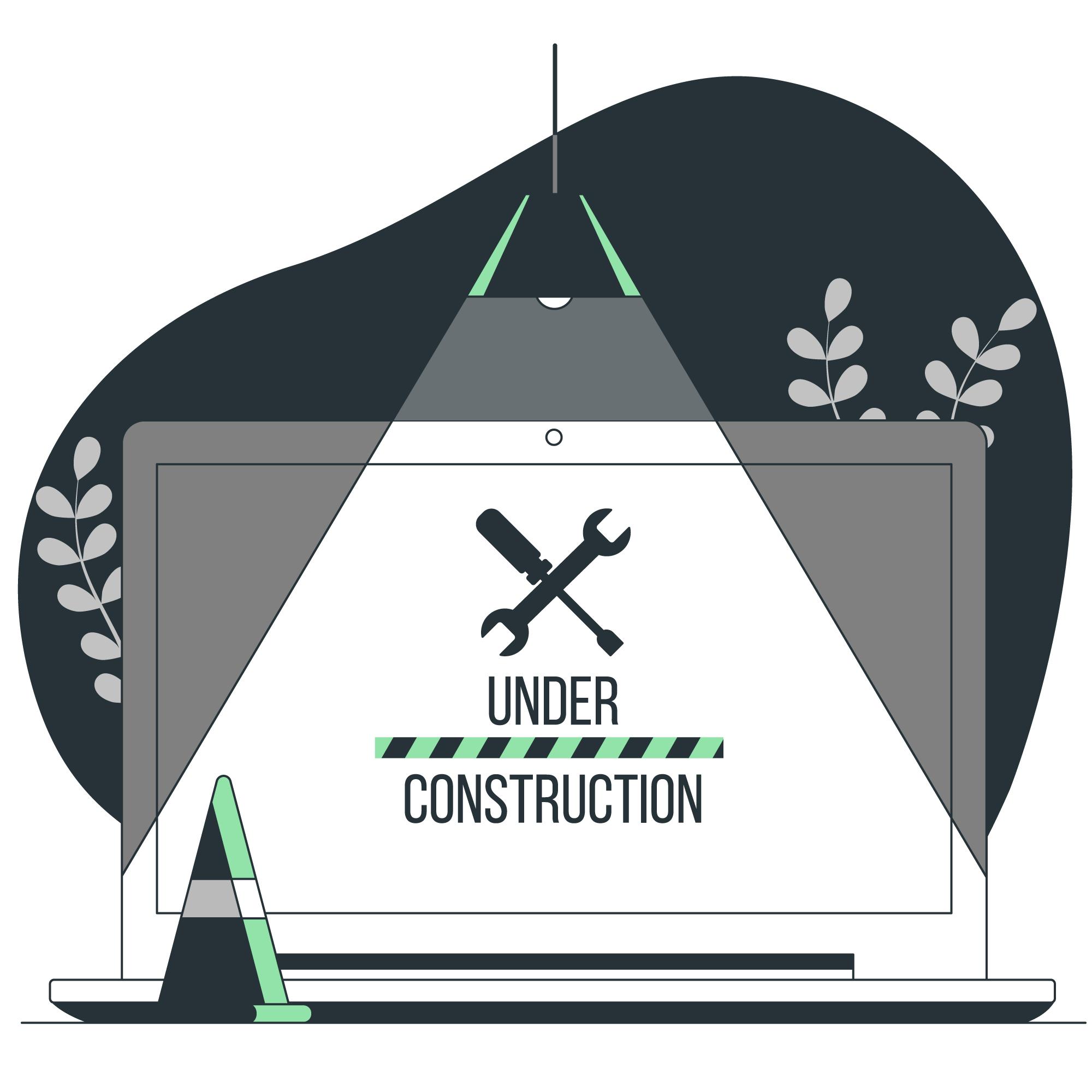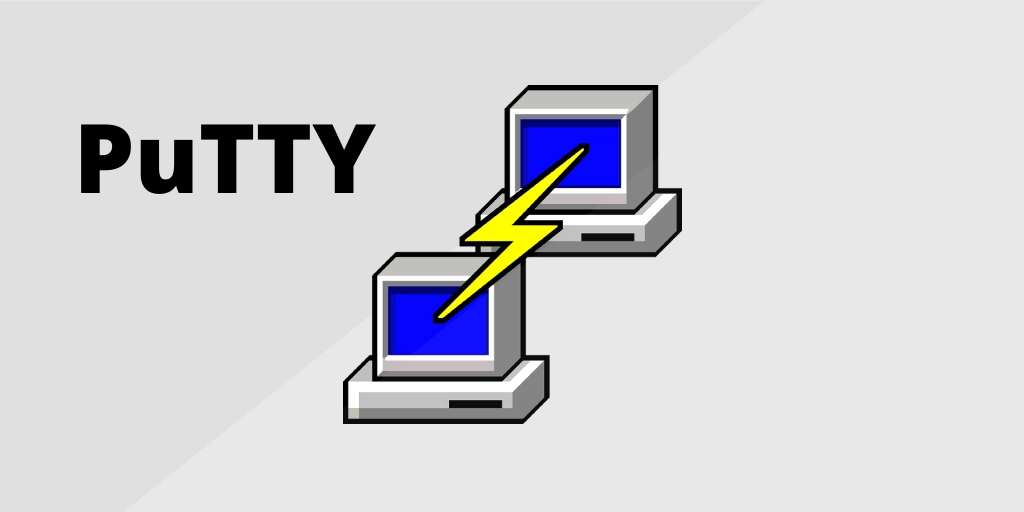
As individuals become more conscious of how their data is handled online, website owners find themselves grappling with various legal and ethical considerations. One such aspect that often raises questions is the need for a cookie policy on a website.
We'll explore the intricacies of cookies, the legal landscape surrounding them, and whether you need a dedicated cookie policy for your website.
Understanding Cookies
Before diving into the necessity of a cookie policy, it's crucial to understand what cookies are and how they function. Cookies are small text files that are stored on a user's device when they visit a website.
These files contain information about the user's interactions with the site, such as preferences, login details, and browsing history. Cookies serve various purposes, including improving user experience, providing personalised content, and analysing website traffic.
The Legals
The legal landscape surrounding cookies has undergone significant changes in recent years. The General Data Protection Regulation (GDPR) in the European Union and similar regulations worldwide have placed a spotlight on user privacy. GDPR, in particular, requires websites to obtain explicit consent from users before storing or accessing cookies on their devices.
This has led to the widespread adoption of cookie banners and pop-ups, seeking user consent for cookie usage.
Why a Cookie Policy Matters
A cookie policy serves as a transparency tool, helping users understand how their data is collected, processed, and utilised by a website.
While the legal requirements may vary depending on your jurisdiction, having a clear and comprehensive cookie policy can benefit both website owners and users. Here are some key reasons why a cookie policy matters:
- Legal Compliance: A cookie policy helps ensure that your website complies with relevant data protection laws. By clearly outlining your cookie practices and obtaining user consent, you demonstrate a commitment to privacy compliance.
- User Trust: Transparency builds trust. When users are aware of how their data is used, they are more likely to trust your website. A cookie policy is a proactive step in fostering transparency and maintaining a positive user relationship.
- Risk Mitigation: Having a well-defined cookie policy can mitigate legal risks. In the event of a privacy-related dispute, a documented policy can serve as evidence that you have taken steps to inform users about your data practices and obtain their consent.
Crafting an Effective Cookie Policy
An effective cookie policy should be clear, concise, and easy to understand. It should include the following elements:
- Overview of Cookies: Explain what cookies are and how they are used on your website.
- Types of Cookies: Categorise the cookies used on your site, such as functional, analytical, and third-party cookies.
- Purpose of Cookies: Clearly state the purpose of each type of cookie and how it benefits the user.
- Cookie Duration: Specify the duration for which cookies are stored on a user's device.
- Cookie Consent: Describe how users can provide or withdraw consent for cookie usage.
- Opt-Out Options: Provide information on how users can opt out of certain types of cookies.
- Updates to the Policy: Commit to keeping the cookie policy up-to-date as your website evolves.
To Wrap Up
While the necessity of a cookie policy may depend on legal requirements in your jurisdiction, implementing one is a best practice in the current digital landscape. A well-crafted cookie policy not only ensures legal compliance but also demonstrates your commitment to user privacy and transparency. As the digital world continues to evolve, having a robust cookie policy is an essential step in building and maintaining trust with your online audience.
Website Design Services
Get a free web design quote by contacting us today.
Get My Free Web Design QuoteRelated Blogs

WordPress Website Stuck in Maintenance Mode
If you’ve ever logged into your WordPress website and found yourself staring at a frustrating “Maintenance Mode” screen, you’re not […]

What is PuTTY? A Comprehensive Guide
If you’ve ever needed to remotely access another computer, particularly one running a different operating system, you’ve probably come across […]

Top 5 Live Chat Solutions for Businesses
In today’s digital world, customer experience is everything, and live chat is a key component of that experience. Customers want […]